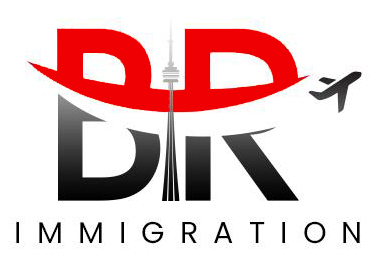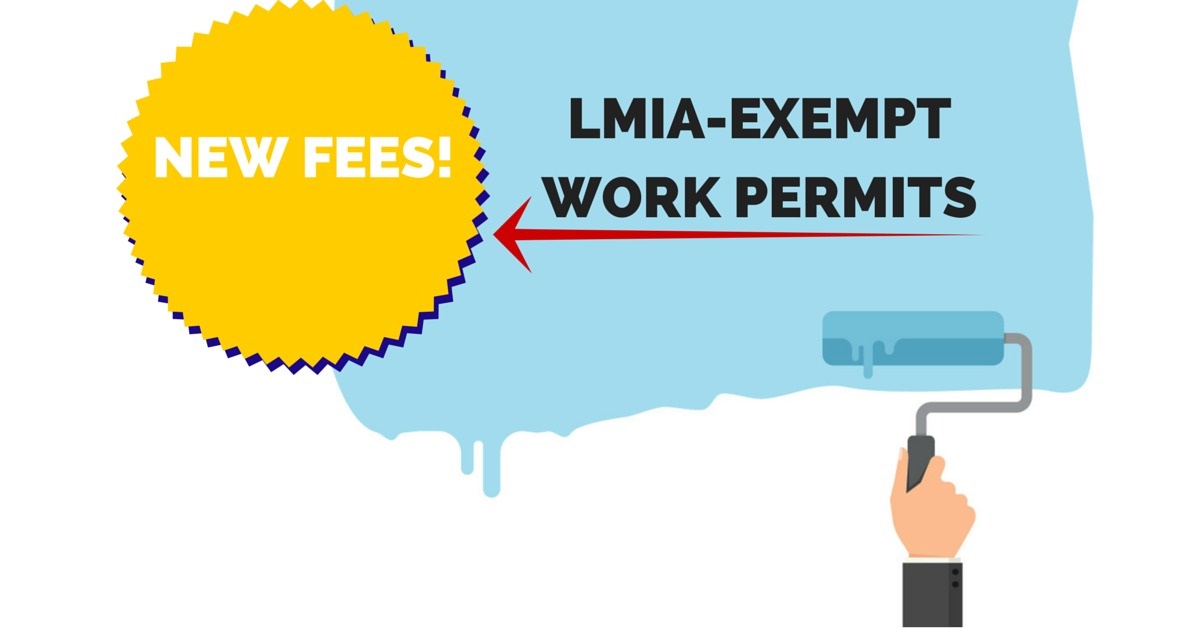

A Labour Market Impact Assessment (LMIA) is required to apply for most Canadian work permits. Obtaining an LMIA document can be a lengthy process that some employers avoid. Fortunately, there are some types of Canadian work permits that are LMIA-exempt.
For the most part, before employers in Canada can hire a foreign worker, they must get an LMIA. A positive LMIA, sometimes called a confirmation letter, proves that the employer has tried and failed to find a Canadian citizen or permanent resident to fill the position, so they need to hire a foreign national instead.
When a foreign national applies for most Canadian work permits, they need to have a copy of the positive LMIA and the LMIA number included in the application. However, there are some exceptions.

Most Canadian work permits are closed work permits, which require a positive LMIA. A closed work permit is issued to a foreign worker to work in a specific position and for a specific employer that is listed on the LMIA.
An open work permit, on the other hand, lets foreign workers work in any position, for any employer, anywhere in Canada. Since open work permits are not restricted to an occupation or employer, they do not require an LMIA. You also do not need to have a job offer to apply for an open work permit.
Closed LMIA-exempt work permits are kind of in the middle. They allow foreign workers to work for a specific employer in a specific position, but do not require an LMIA.
Closed LMIA-exempt work permits authorize a foreign national to work in a specific position for a specific employer, but don’t need a positive LMIA. Usually, whether or not a closed work permit is LMIA-exempt depends on the nature of the job.
This exemption can be applied if your employer is able to prove that you will bring an important social, cultural, or economic benefit to Canada. For example:
Foreign nationals who want to work for themselves or operate their own business temporarily in Canada need to demonstrate that their business would generate significant economic, social, or cultural benefits for Canadian citizens or permanent residents to be granted a LMIA exemption.
International companies can temporarily transfer employees to a Canadian branch without requiring an LMIA.
French-speaking skilled workers who have a valid job offer in a province or territory outside of Quebec may be exempt from needing an LMIA.